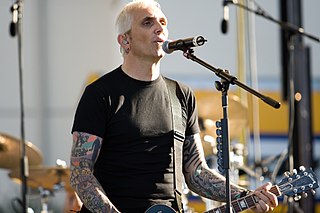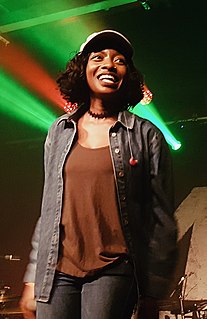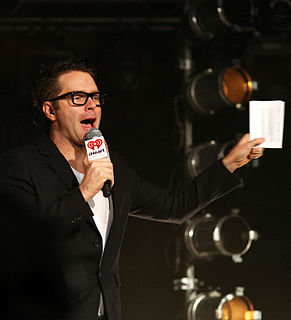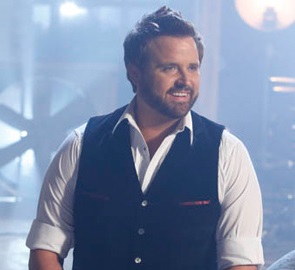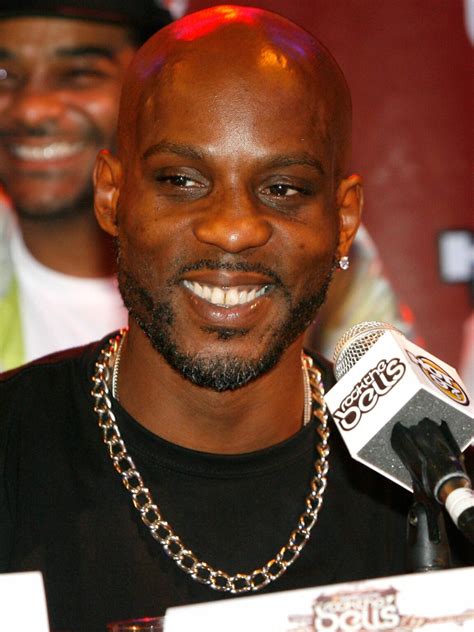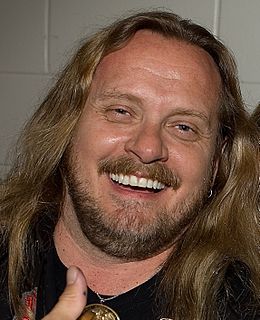A Quote by Troy Carter
Spotify favors hits. It's very much a meritocracy: It's not like radio, where whatever is being played is what you hear. We offer songs up, and from there, it's up to consumers to stream the music or not.
Related Quotes
When you're listening to radio and hear the same 20 songs over and over and over, you want a break from it. Sometimes you don't want to hear something that sounds just like everything else on the radio. Eventually, if you hear the same sounds and the same musicians and the same mixes and all of that, it will start to sound like elevator music.
I understand why some bands don't like test new songs, but for us it's been very helpful and it hasn't really backfired. I was nervous that our second record was - you know, you could hear the whole thing on YouTube before the album came out because we played it all live, but it ended up being something that people appreciated.
Music and time have such an interesting relationship. Music makes time fall away like almost nothing else. You hear a song from another moment of your life and it really is like you're still there. That's why the music of our youth ends up being particularly powerful. The coming of age music that you grab a hold of as the symbol or the expression of your independence and hopes for the future and anger and rebellion or whatever it is you're feeling is so powerful for the rest of your life when you hear it.


